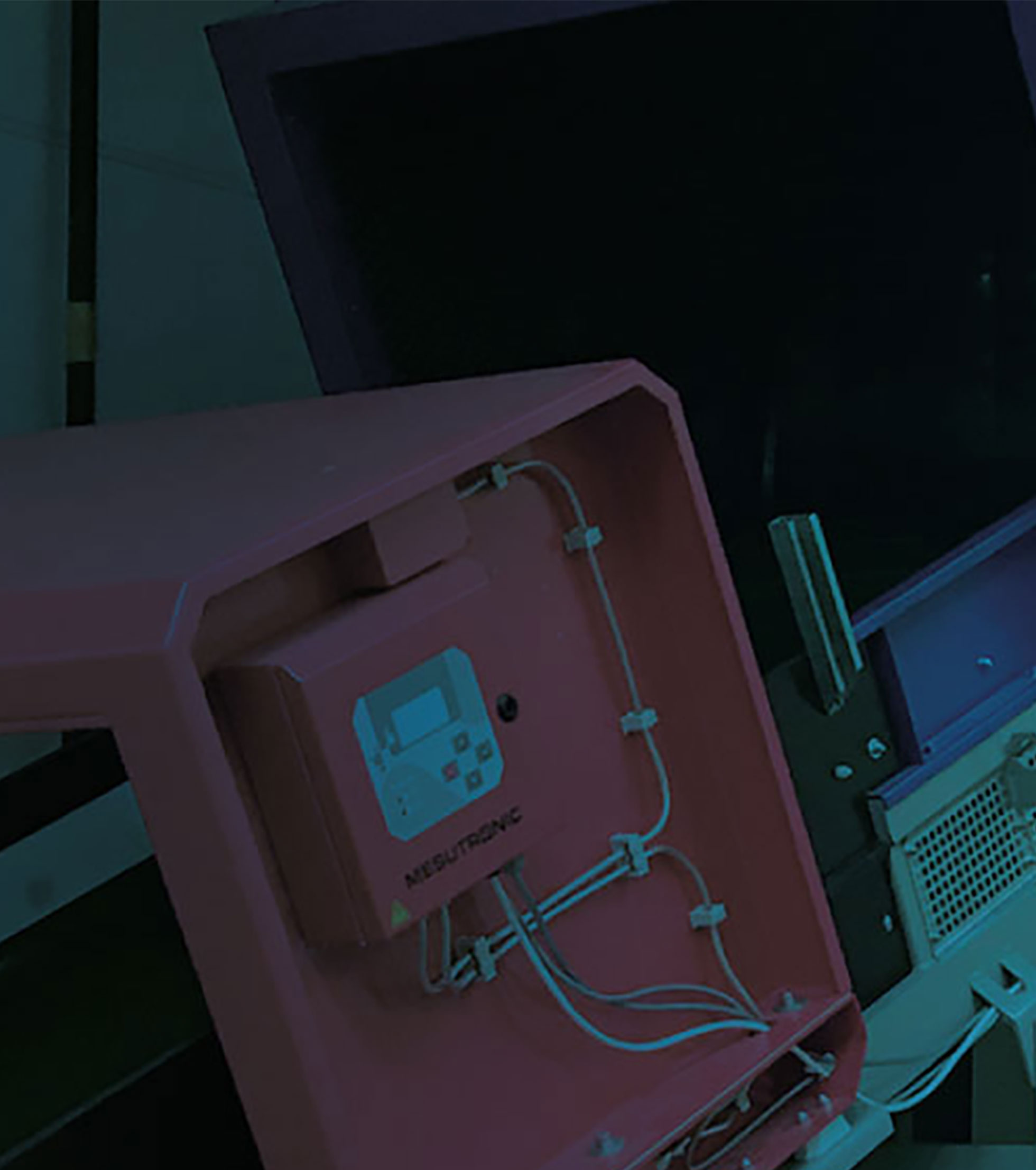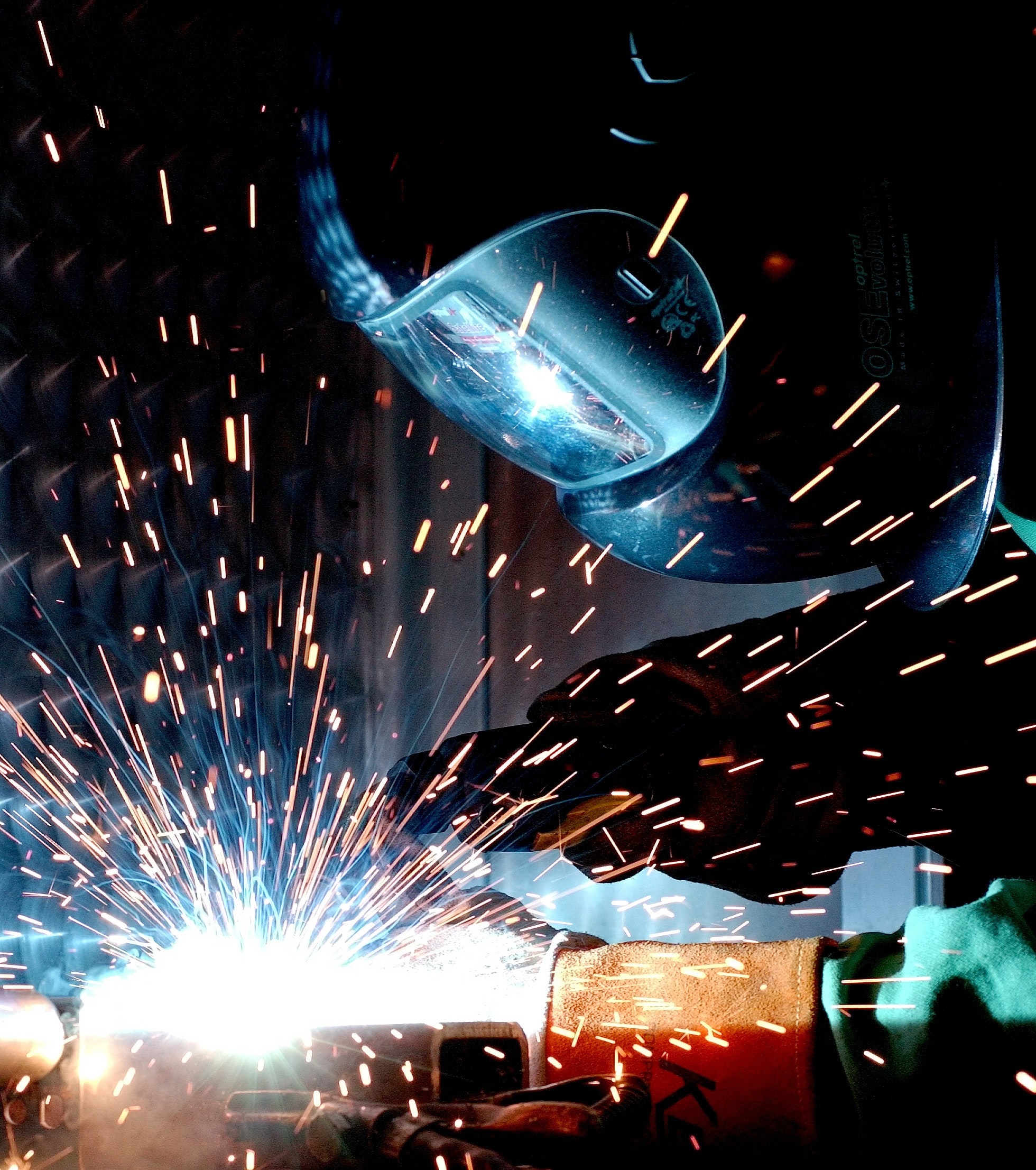The best granulator energy saver to cut costs, improve performance and extend lifetime
Granulators are an essential component of processing and production. Ensuring that no material goes to waste, they are a key part of recycling – especially in plastic processing.
But despite their significance in reducing waste levels, granulators are notorious for consuming high levels of energy. What’s more, though a granulator prevents the wastage of materials, a large quantity of the energy drawn to power a granulator will be wasted itself.
The consequence of this? Skyrocketing energy bills for the thousands of companies that require granulators – and in order to facilitate that energy use, a domino effect that damages the environment.
Nearly two thirds of the energy costs in plastics processing are equated to electric motors – including those within granulators
And the reason that number is so high is because typically, electric motors used within equipment like granulators are terrible in terms of energy efficiency.
The energy needed for the typical duty cycle of a motor will fluctuate dramatically, between 0-100%. But electric motors largely have no way of intelligently adjusting the amount of power that is drawn and consumed against the amount it actually needs to work.
In order to quickly and efficiently reach 100% load capacity, the majority of motors are designed with a higher load cycle in mind – although it’s actually quite rare that the motor will be required to actually use this amount of energy. As a result, the motor will draw the same excessive amount of energy to complete a task that requires substantially less. The energy that is not used has nowhere to go, and so it goes to waste.
Additional costs associated with electric motors
It’s not just the standard load cycles that can be problematic where electric motors in granulators are concerned. When starting direct on-line, an electric motor can draw between six and nine times the normal full load current. In turn, this can often trigger peak demand penalties from the utility company, which can increase your tariff for the entire billing period – raising fees exponentially yet again.
This isn’t the only risk posed by restarting the motor; doing so can trigger an increase of up to 300% in shock load which is transferred to the mechanical transmission systems, resulting in premature mechanical failure. Not only does this incur additional repair or replacement costs, the added maintenance issues posed by a faulty granulator motor can further increase your energy expenditure.
An infinite cycle of rising bills and wasted energy
The company is of course still required to pay for the amount of energy that was drawn, not the amount that was actually used. The bills go up. The energy is wasted, not conserved. So, we need more of it. We continue to burn fossil fuels to make more, instead of making use of the resources we already have. We pay more, we burn more, we waste more. The cycle repeats on an infinite loop; the climate crisis continues.
If we made better use of the energy we already have, we wouldn’t need to rely on the excessive burning of fossil fuels. Moreover, research from IRENA suggests that the synergy of energy efficiency and renewable energy could be vital in meeting the pledges of the Paris Agreement. Wherever we are sourcing our energy from, in the present or in the long term, we can reduce the amount we need by preventing waste.
It’s time to break the cycle by investing in energy efficient technology.
Integra has saved Suresense clients up to 75% on granulators
Our solution is Integra – and it has already saved other Suresense clients up to 75% on their own granulators.
Integra isn’t just for granulators; it produces huge savings on all electric motors, but as major consumers (and wasters) of energy, the effects on granulators are particularly profound. Integra solves what is undeniably the biggest problem posed by electric motors: the lack of adjustment.
Think of it like cruise control on a car. Integra will intelligently adjust the amount of power being drawn by the engine in order to maintain a fixed speed, instead of drawing full capacity. It converts the motor into its own load sensor and subsequently ensures that it only uses the precise amount of energy to do the required task, in instant time.
Integra can save up to 100% on maintenance costs
Integra also provides a smooth acceleration or soft start for motors. This dramatically reduces wear and tear on the system, avoiding those pesky peak demand penalties we mentioned before. A reduction in wear and tear means less maintenance – and less risk of premature failure, which is why 100% savings can be made in this area of your granulators.
With a controlled start in place, motors can be switched on and off easily, without the fear of mechanical failure or disruption to business operations. When your granulators aren’t required, they can be switched off; Integra can actually be configured to perform this automatically.
For instance, for Par-Pak, the client we mentioned above, we were able to reduce running costs and configured an automatic switch off after eight minutes of inactivity. This alongside its intelligent adjustment have resulted in huge savings for this client – you can read the full case study here.
While the savings for businesses long term are exponential, making energy efficient equipment the norm in plastics processing and other similar industries is key in minimising the impacts of the climate crisis.
For more information on Integra, particularly in regards to reducing the cost of granulators, don’t hesitate to get in touch and talk to a member of our team.
Visit the Suresense Technologies Ltd website for more information on The best granulator energy saver to cut costs, improve performance and extend lifetime






